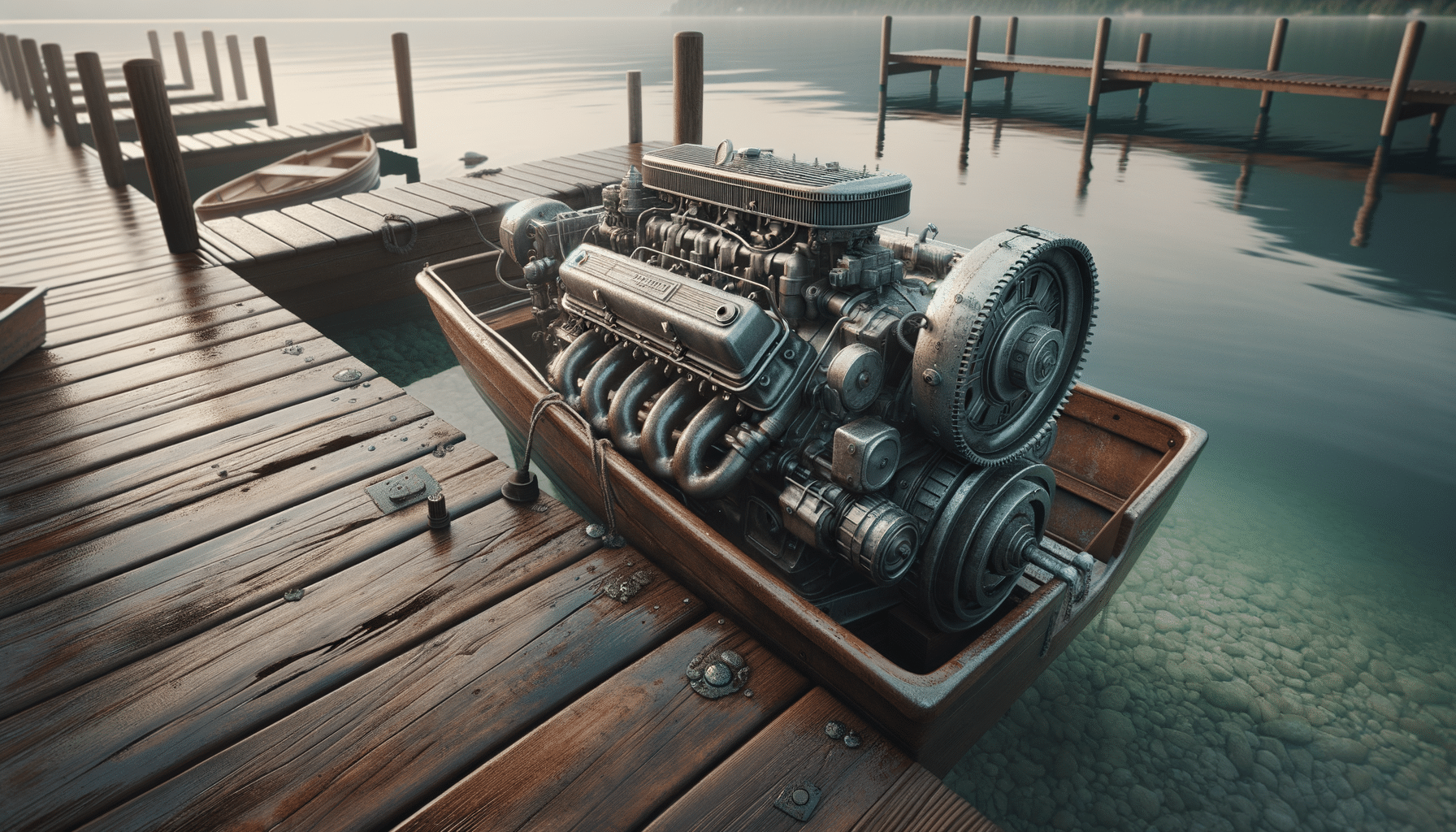
Exploring the World of Used Boat Engines: A Comprehensive Guide
Introduction to Used Boat Engines
Venturing into the world of used boat engines can be both an exciting and daunting task. Whether you’re a seasoned sailor or a novice boat enthusiast, understanding the nuances of purchasing used boat engines is crucial for making informed decisions. Used engines offer a cost-effective alternative to new ones, allowing boat owners to upgrade or replace their current engines without breaking the bank. With the right knowledge, buying a used engine can lead to significant savings and a reliable performance on the water.
In this guide, we will delve into the various aspects of used boat engines, exploring their benefits, potential drawbacks, and key considerations. We’ll also provide practical tips on how to maintain these engines to ensure longevity and optimal performance. Whether you’re looking to upgrade your vessel or replace an old engine, this comprehensive guide will equip you with the information you need to navigate the market of used boat engines effectively.
Benefits of Purchasing Used Boat Engines
One of the primary advantages of purchasing used boat engines is the cost savings. New engines can be quite expensive, and opting for a used engine can significantly reduce the financial burden. This affordability allows boat owners to allocate their budget to other essential upgrades or maintenance tasks. Additionally, used engines often come with a history of performance, providing insight into their reliability and longevity.
Another benefit is the availability of a wide range of options. The used engine market is vast, with numerous models and types available to suit different boat sizes and purposes. This diversity ensures that you can find an engine that perfectly matches your needs and specifications. Moreover, purchasing a used engine can be a more sustainable choice, as it promotes the reuse and recycling of mechanical components, reducing environmental impact.
However, it is essential to approach the purchase with caution and conduct thorough research. Understanding the engine’s history, including any past repairs or modifications, is crucial for making a sound investment. By weighing these benefits against potential risks, boat owners can make informed decisions that enhance their boating experience.
Key Considerations When Buying Used Boat Engines
When purchasing a used boat engine, several factors should be considered to ensure a successful acquisition. First and foremost, it’s important to verify the engine’s condition. A comprehensive inspection by a qualified marine mechanic can help identify any existing issues or potential problems. This inspection should include a thorough examination of the engine’s internal components, such as the pistons, cylinders, and cooling system.
Another crucial aspect is the engine’s service history. Requesting maintenance records from the seller can provide valuable insights into how well the engine has been cared for. Regular servicing and timely repairs are indicators of a well-maintained engine, which can lead to better performance and longevity. Additionally, it’s vital to consider the compatibility of the engine with your boat. Ensuring that the engine fits your boat’s specifications in terms of size, weight, and power output is essential for optimal performance.
Lastly, consider the reputation of the seller. Purchasing from a reputable dealer or individual with a track record of honest transactions can reduce the risk of buying a faulty engine. By taking these considerations into account, you can make a more informed decision and enjoy a reliable boating experience.
Maintaining Your Used Boat Engine
Once you’ve acquired a used boat engine, proper maintenance is key to ensuring its longevity and performance. Regular maintenance checks are essential to identify and address any issues before they escalate. This includes routine oil changes, inspecting the fuel system, and checking the cooling system for any blockages or leaks.
It’s also important to regularly inspect the engine’s belts and hoses for signs of wear and tear. Replacing these components as needed can prevent more significant issues down the line. Additionally, keeping the engine clean and free from debris can help it run more efficiently and reduce the risk of overheating.
Investing in quality marine-grade lubricants and fuel additives can further enhance your engine’s performance. These products can help reduce friction, prevent corrosion, and improve fuel efficiency. By adhering to a regular maintenance schedule and using high-quality products, you can extend the lifespan of your used boat engine and ensure a smooth sailing experience.
Conclusion: Navigating the Used Boat Engine Market
In conclusion, purchasing a used boat engine can be a rewarding experience for those who approach it with the right knowledge and preparation. By understanding the benefits, such as cost savings and sustainability, and considering key factors like engine condition and service history, boat owners can make informed decisions. Regular maintenance and proper care are essential for maximizing the lifespan and performance of used engines.
The world of used boat engines offers a diverse range of options, allowing boat enthusiasts to find the perfect match for their needs. With careful consideration and a proactive approach to maintenance, used engines can provide reliable performance and enhance your boating experience. Whether you’re upgrading or replacing an engine, this guide has equipped you with the insights needed to navigate the market confidently and enjoy smooth sailing adventures.


